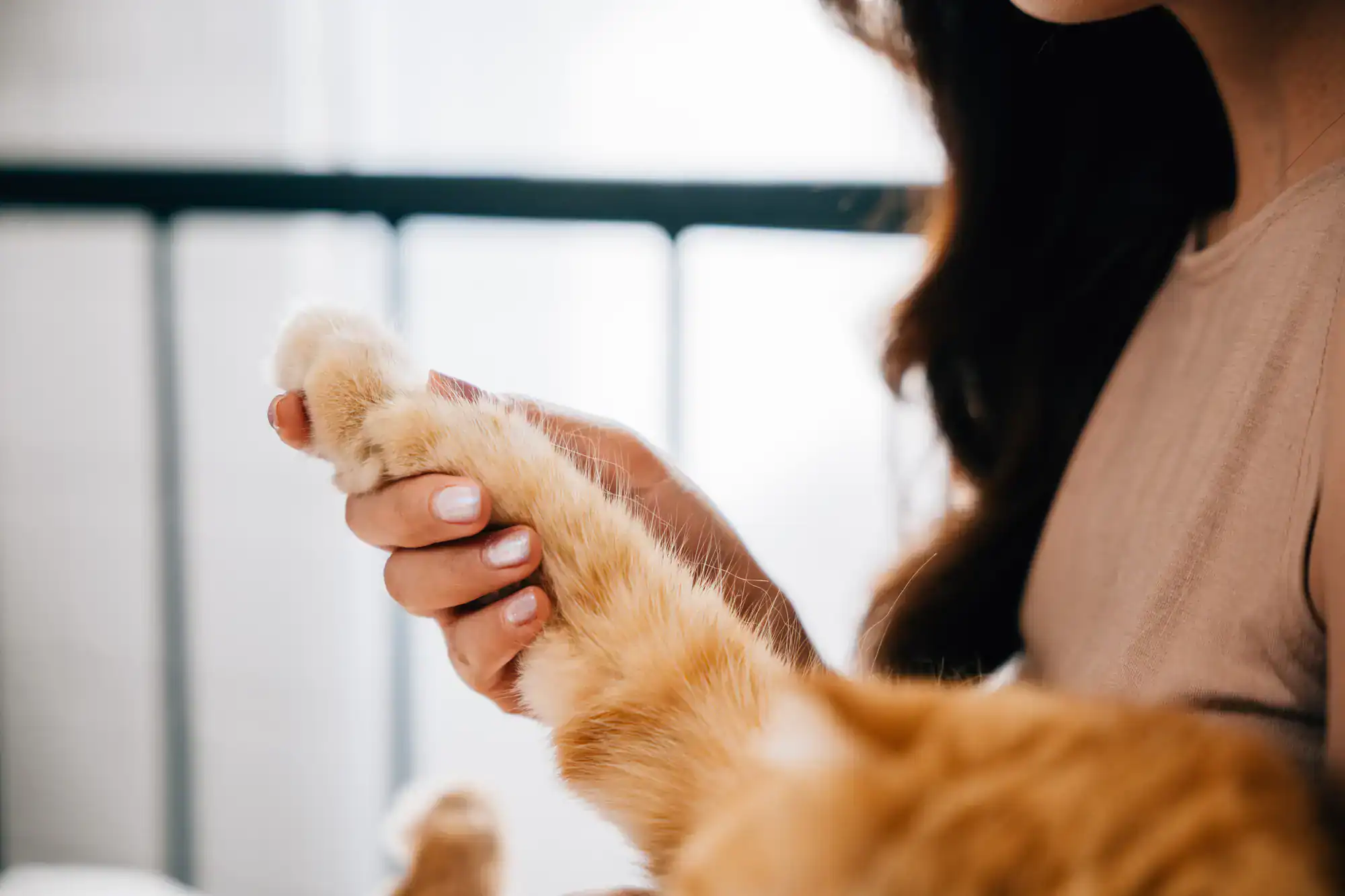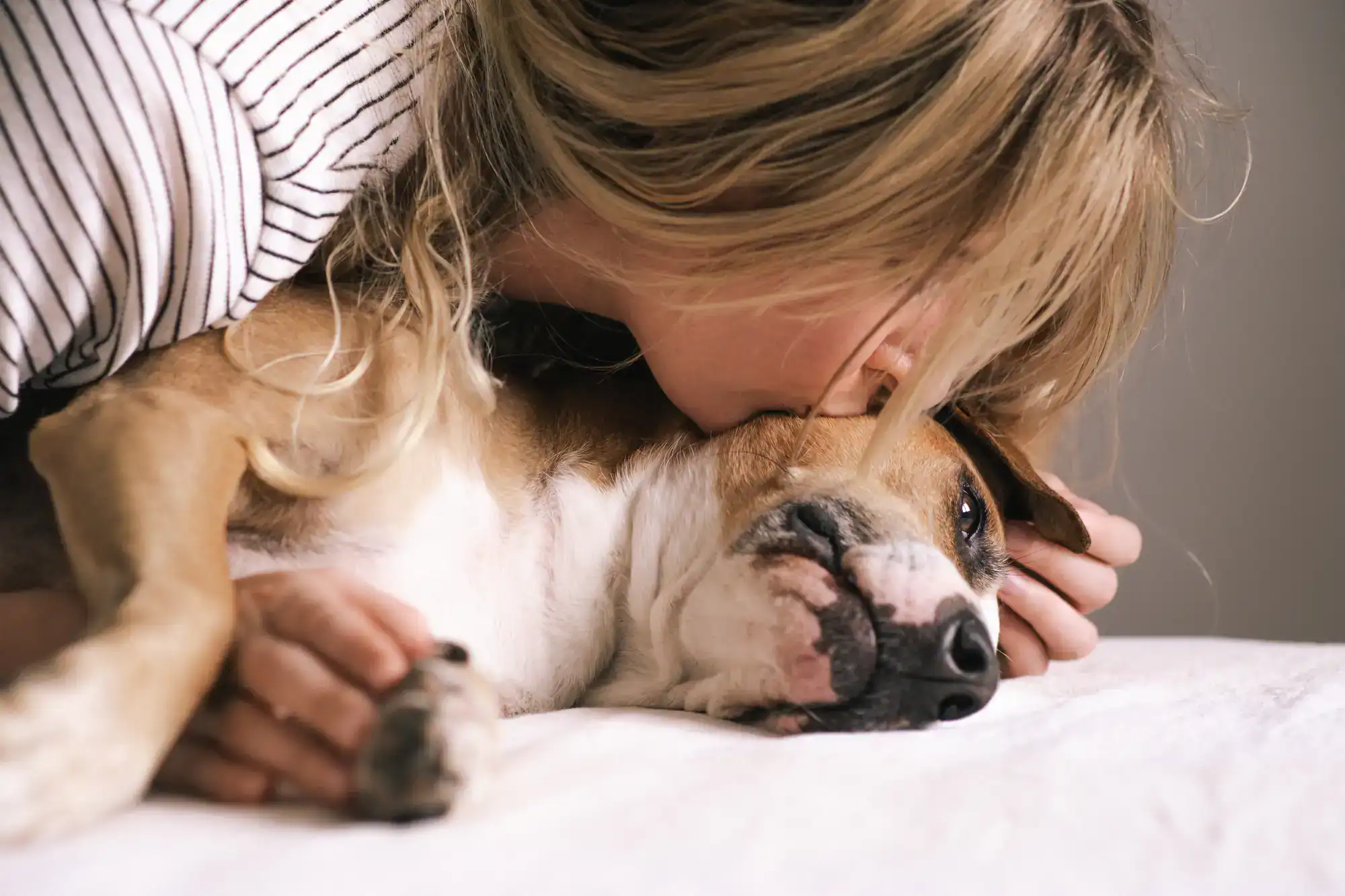Pet Loss Support in Fostoria, TX
Find Peace During Your Heartbreak
Losing your pet isn’t just losing an animal—it’s losing family, and you deserve support that understands that bond.

Hear from Our Customers

Pet Grief Counseling Fostoria TX
The pain you’re feeling right now is real. The sleepless nights, the empty house, the guilt—it’s all part of losing someone who was there for you every single day.
What you need isn’t someone telling you “it was just a pet.” You need people who understand that your dog was your running partner, your cat was your comfort after long days, your companion was your family.
That’s exactly what our pet loss support provides. You’ll connect with others who’ve walked this path, access professional grief counseling resources, and find practical ways to honor your pet’s memory while learning to live with the loss. Because healing doesn’t mean forgetting—it means carrying their love forward.
Fostoria Pet Bereavement Resources
We’ve been helping Fostoria families through pet loss since 1989. We’ve seen thousands of people work through this grief, and we know there’s no “right” way to do it.
What makes us different is simple: we actually get it. Our team includes two full-time veterinarians who understand the medical side of pet loss, and we’re members of the American Association for Pet Loss and Bereavement because we believe in professional, compassionate support.
We serve families throughout Harris County, including many Spanish-speaking pet owners who need grief support in their native language. Whether you’re dealing with sudden loss or have been preparing for this moment, we’re here to help you find the support that fits your needs.

Pet Loss Support Process
First, we connect you with the type of support that matches where you are right now. Some people need immediate grief counseling. Others want to connect with support groups. Many just need someone to talk to who won’t judge their pain.
We’ll help you access local grief counselors who specialize in pet loss, connect you with support groups that meet regularly, and provide you with resources that actually help—not generic advice that doesn’t understand your bond.
If you’re not ready to talk yet, that’s okay too. We have written resources, online support options, and ways to honor your pet’s memory that can help you process this loss at your own pace. The goal isn’t to “get over it” quickly—it’s to find healthy ways to carry your love for your pet while rebuilding your daily life.

Ready to get started?
Coping with Pet Loss Resources
Our pet loss support includes connections to licensed grief counselors who understand pet bereavement, support groups that meet monthly in the Houston area, and 24-hour crisis support lines when grief hits hardest.
For Fostoria families specifically, we understand the close-knit community dynamics and how pet loss affects not just you, but your neighbors and friends who knew your pet too. We can help you navigate telling others, handling well-meaning but hurtful comments, and finding local resources.
We also provide practical support: help with memorial planning, guidance on what to do with your pet’s belongings, and resources for children who are grieving their pet. Because grief isn’t just emotional—it’s practical too, and you shouldn’t have to figure out all the details while you’re hurting.

How long is normal to grieve after losing a pet?
Should I get another pet right away to help with grief?
How do I handle people who say "it was just a pet"?
What should I do with my pet's belongings and favorite spots?
Are there support groups specifically for pet loss in the Fostoria area?
How can I help my children cope with losing their pet?
Other Services we provide in Fostoria
